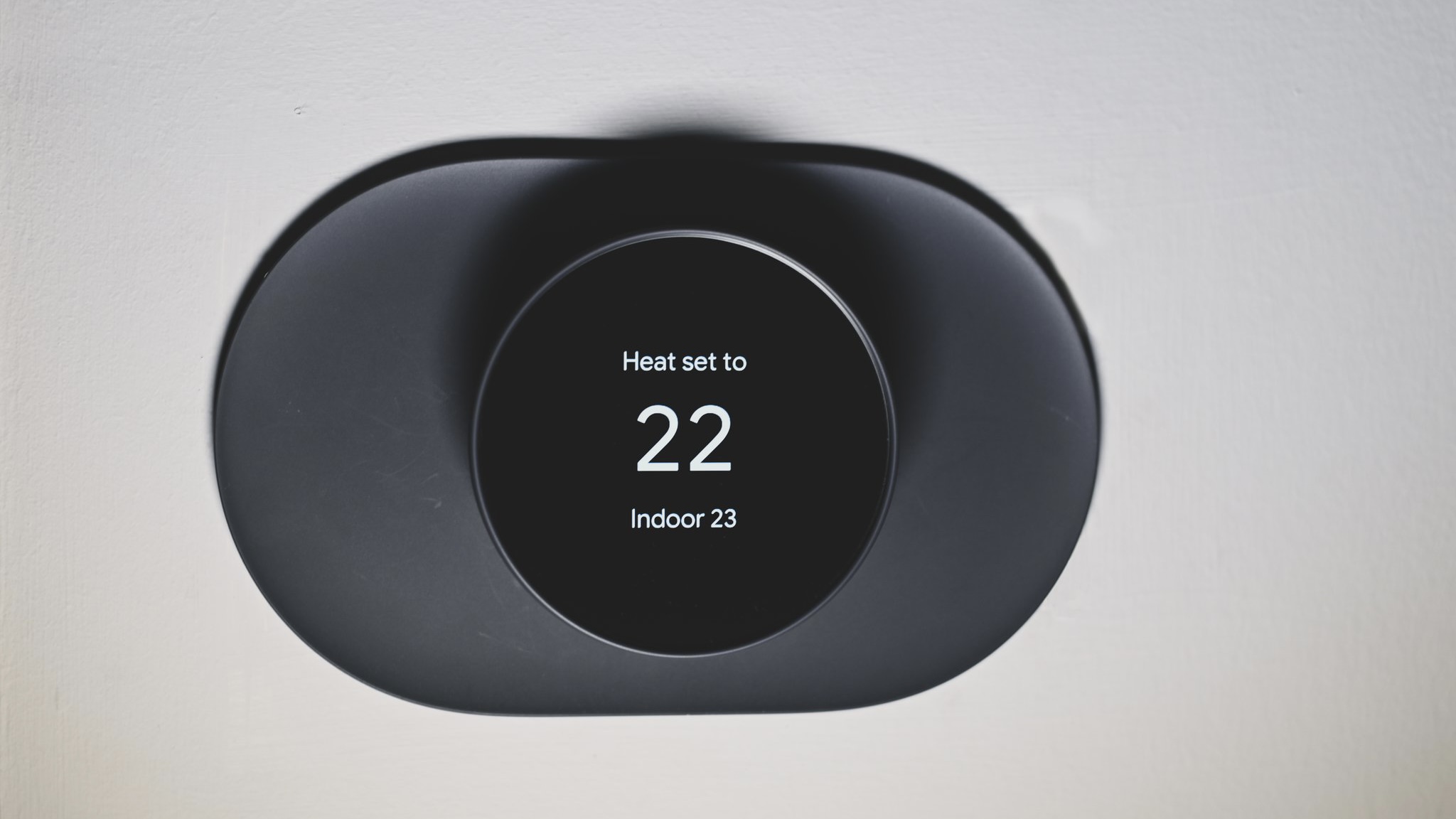
What you need to know
- Google has a new update for Nest Thermostat from 2020.
- It is getting the much-anticipated Matter support starting this Tuesday.
- Users can now adjust temperatures with any Matter-compatibility platform.
We saw Google adding Matter smart home connectivity to Nest devices late last year. The company has a new update this year as Matter compatibility rolls out to the Nest Thermostat this week.
The previous rollout included Nest smart speakers and displays, as well as the Nest Wifi Pro, which all gained Matter support. Nest products involved Nest Hub (1st and 2nd gen), Nest Hub Max, Nest Wifi Pro, and others. Google promised the Nest Wifi and Thermostat will receive Matter support in 2023. Keeping to its promise, the Nest Thermostat from 2020 is the new device joining the list, Google announced on Tuesday.

With the new addition of the Thermostat, owners will be able to change the temperatures and the device mode with improved support from Matter-compatible ecosystems. They can include Amazon Alexa, Apple Home, and Samsung’s SmartThings, amongst others.
The Nest Thermostat will receive the new update enabling Matter compatibility "over the next few weeks."
According to The Verge, this new addition brings the first smart thermostat to gain Matter compatibility. iPhone users should have their devices running iOS 16.4 and above for the thermostat device to work seamlessly with the Apple Home app.
After getting the update, the Matter settings page will appear on the Thermostat within the Google Home app for Android devices. Through this, users could pair with Matter with a pairing code across multiple platforms like Apple Home or Amazon Alexa.
Unfortunately, the update only applies to the Nest Thermostat and leaves out the Thermostat E and Learning Thermostat. It's not clear if or when these devices will receive the update.
Still, the new Matter compatibility is a welcome change as it encourages users to get the best smart home devices irrespective of the ecosystem they live in, which is exactly why Matter was established in the first place.







